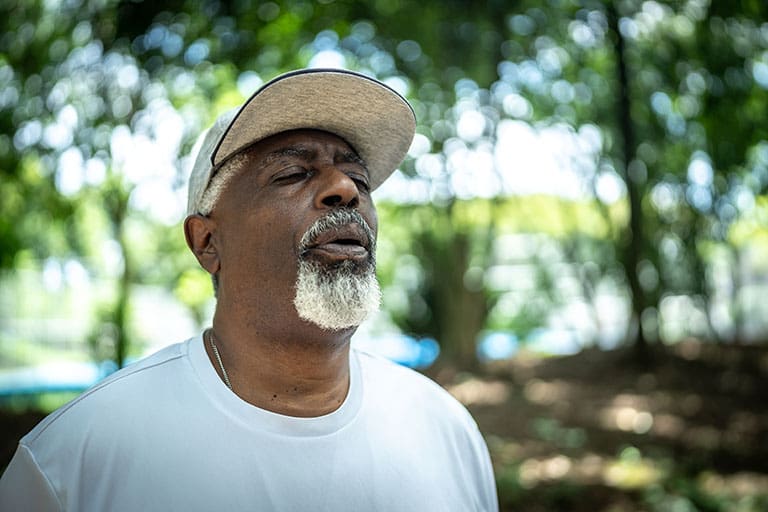Older Adults are more vulnerable to heat stress because they do not adjust as well as younger people to sudden changes in temperature. They are more likely to have a chronic medical condition that changes normal body responses to heat or to be taking prescription medicines that affect the body’s ability to control its temperature or sweat.
Exposure to high temperatures can increase the risk of dehydration, heat exhaustion, and heat stroke. These heat-related illnesses can be dangerous or life-threatening.

Follow these tips to help protect yourself and other older adults from heat illness:
Keep These Other Helpful Tips in Mind
- Do you use any medical devices (respirators, power wheelchairs, dialysis machines, etc.) that are battery operated or require electricity? Power outages during extreme heat can threaten your mobility and health. Have a backup plan. The FDA offers this Home Use Devices Booklet: How to Prepare for and Handle Power Outages for Medical Devices that Require Electricity (PDF – 5.1MB).
- If you’re unable to travel to or find an air-conditioned space, consider the following at home:
- Close windows, doors, shades, and curtains to prevent hot air and sunlight from entering during the hottest parts of the day.
- If air conditioning isn’t available, take extra precautions. The use of fans can help mitigate some heat, but high temperatures without humidity can make fans ineffective in properly cooling your body.
- Wet a towel with cool water and place it on the back of your neck. Light-colored, lightweight, loose-fitting clothing made of natural fabrics also help.
- Take a cool shower or bath to help reduce body temperature and provide relief from the heat.
For more information, visit the Department of Aging website.